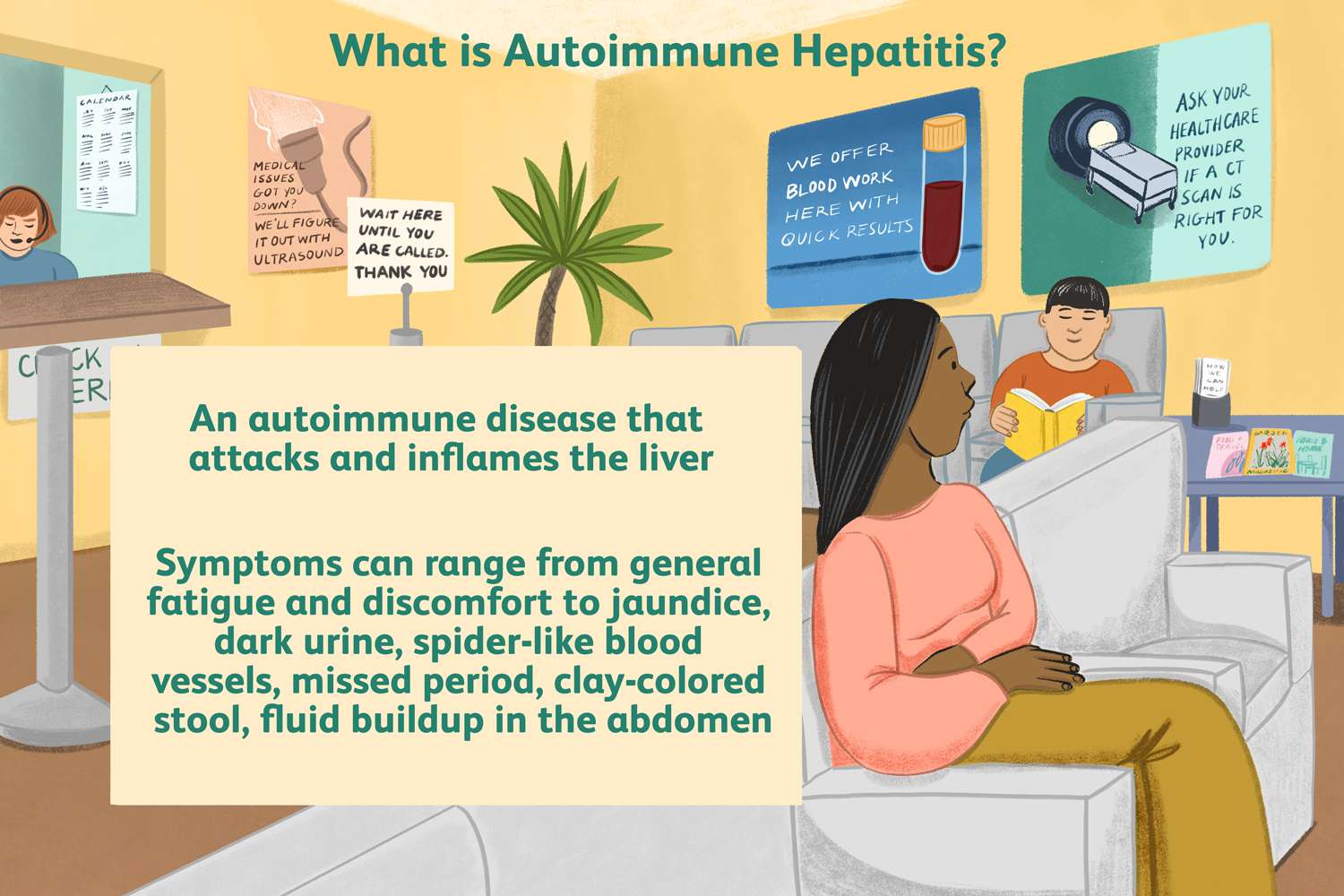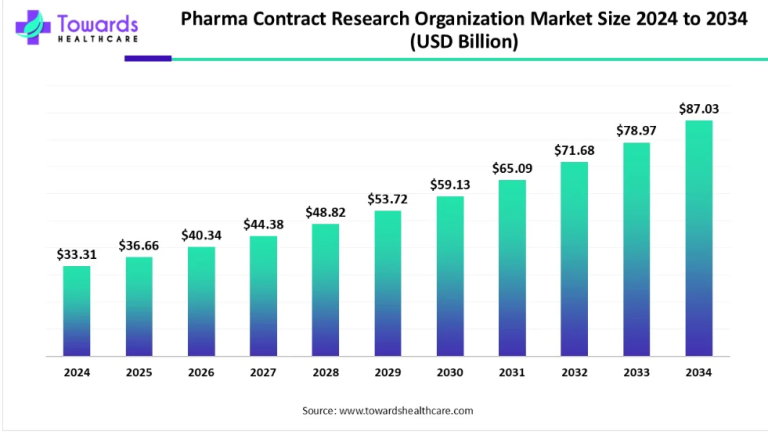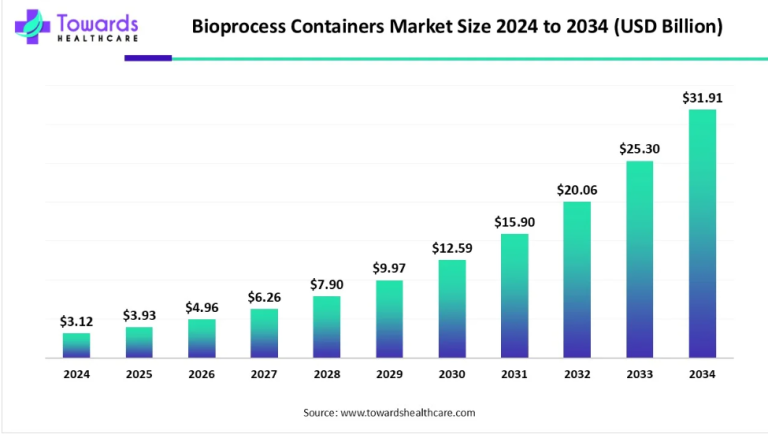
Autoimmune hepatitis is a chronic liver disease characterized by inflammation of the liver tissue, leading to immune-mediated damage. In recent years, there has been a noticeable rise in the incidence of autoimmune hepatitis globally, driving significant growth in the diagnosis and treatment market. This article delves into the various factors contributing to this trend and explores the advancements in diagnosis and treatment that are shaping the landscape of autoimmune hepatitis management.
For any queries, feel free to reach us @ https://www.towardshealthcare.com/personalized-scope/5124
Understanding Autoimmune Hepatitis
Autoimmune hepatitis is a condition where the body’s immune system mistakenly attacks healthy liver cells, causing inflammation and liver damage. While the exact cause of autoimmune hepatitis remains unclear, it is believed to result from a combination of genetic predisposition and environmental triggers. The disease primarily affects women, with a higher prevalence ratio compared to men.
Epidemiological Insights
Accurate epidemiological data on autoimmune hepatitis is limited, making it challenging to determine the true incidence and prevalence of the disease. However, estimates suggest that between 100,000 to 200,000 individuals are affected by autoimmune hepatitis annually in the United States alone. This underlines the significance of the condition as a public health concern and underscores the need for heightened awareness and improved diagnostic capabilities.
Advancements in Diagnostic Technologies
Recent years have witnessed remarkable advancements in medical technology, particularly in the field of diagnostic tools and techniques for autoimmune hepatitis. These innovations have revolutionized the diagnostic process, enabling healthcare providers to detect the disease more accurately and efficiently.
Blood Tests and Imaging Techniques
Blood tests play a crucial role in the diagnosis of autoimmune hepatitis by detecting specific antibodies associated with the condition. Additionally, imaging techniques such as magnetic resonance imaging (MRI) and ultrasound help assess liver damage with greater precision, aiding in the early detection and monitoring of the disease progression.
Shear Wave Elastography (SWE)
One notable advancement in liver imaging is shear wave elastography (SWE), a non-invasive method that measures the stiffness of liver tissue. SWE provides valuable insights into the degree of liver fibrosis, guiding treatment decisions and prognosis. New iterations of SWE, including 2D SWE and Quantitative SWE (QSWE), offer enhanced accuracy and accessibility, further improving diagnostic capabilities.
Therapeutic Innovations
In tandem with diagnostic advancements, there have been notable innovations in the treatment landscape for autoimmune hepatitis. Pharmaceutical companies are actively developing novel therapies to address the unmet needs of patients and improve clinical outcomes.
FDA Approvals
Recent FDA approvals underscore the progress in autoimmune hepatitis therapeutics. For instance, Gilead Sciences, Inc. received approval for Vemlidy tablets to treat chronic hepatitis B, expanding treatment options for affected individuals. Similarly, Antios Therapeutics, Inc. obtained a patent for ATI-2173, an innovative therapy for hepatitis B virus, demonstrating the commitment to advancing treatment modalities.
Targeted Therapies
Emerging therapies targeting specific pathways involved in autoimmune hepatitis pathogenesis show promising results in clinical trials. These targeted therapies aim to modulate the immune response and reduce liver inflammation, offering potential alternatives for patients who are refractory to conventional treatment or experience adverse effects.
Importance of Awareness and Early Intervention
The increasing prevalence of autoimmune hepatitis underscores the importance of proactive measures to raise awareness about the disease and facilitate early intervention. Timely diagnosis and initiation of treatment are crucial in preventing disease progression and improving long-term outcomes for patients.
Public Health Initiatives
Public health initiatives aimed at increasing awareness about autoimmune hepatitis among healthcare providers and the general public are essential in promoting early detection and management. Educational campaigns, patient advocacy groups, and professional societies play a pivotal role in disseminating information and empowering individuals to seek timely medical attention.
Collaborative Efforts
Collaborative efforts between healthcare professionals, researchers, pharmaceutical companies, and policymakers are instrumental in addressing the challenges posed by autoimmune hepatitis. By fostering interdisciplinary collaboration and sharing best practices, stakeholders can enhance diagnostic accuracy, optimize treatment strategies, and ultimately improve patient care.
The rising incidence of autoimmune hepatitis highlights the pressing need for concerted efforts to enhance awareness, diagnosis, and treatment of the disease. With continued advancements in medical technology and therapeutic innovations, there is optimism for improved outcomes and quality of life for individuals affected by autoimmune hepatitis. By prioritizing early intervention and fostering collaboration across sectors, we can mitigate the burden of autoimmune hepatitis and strive towards better health outcomes for all.
Unlock Infinite Advantages: Subscribe to Annual Membership
To own our research study instantly, Click here @ https://www.towardshealthcare.com/price/5124
To know more about autoimmune hepatitis diagnosis and treatment market:



